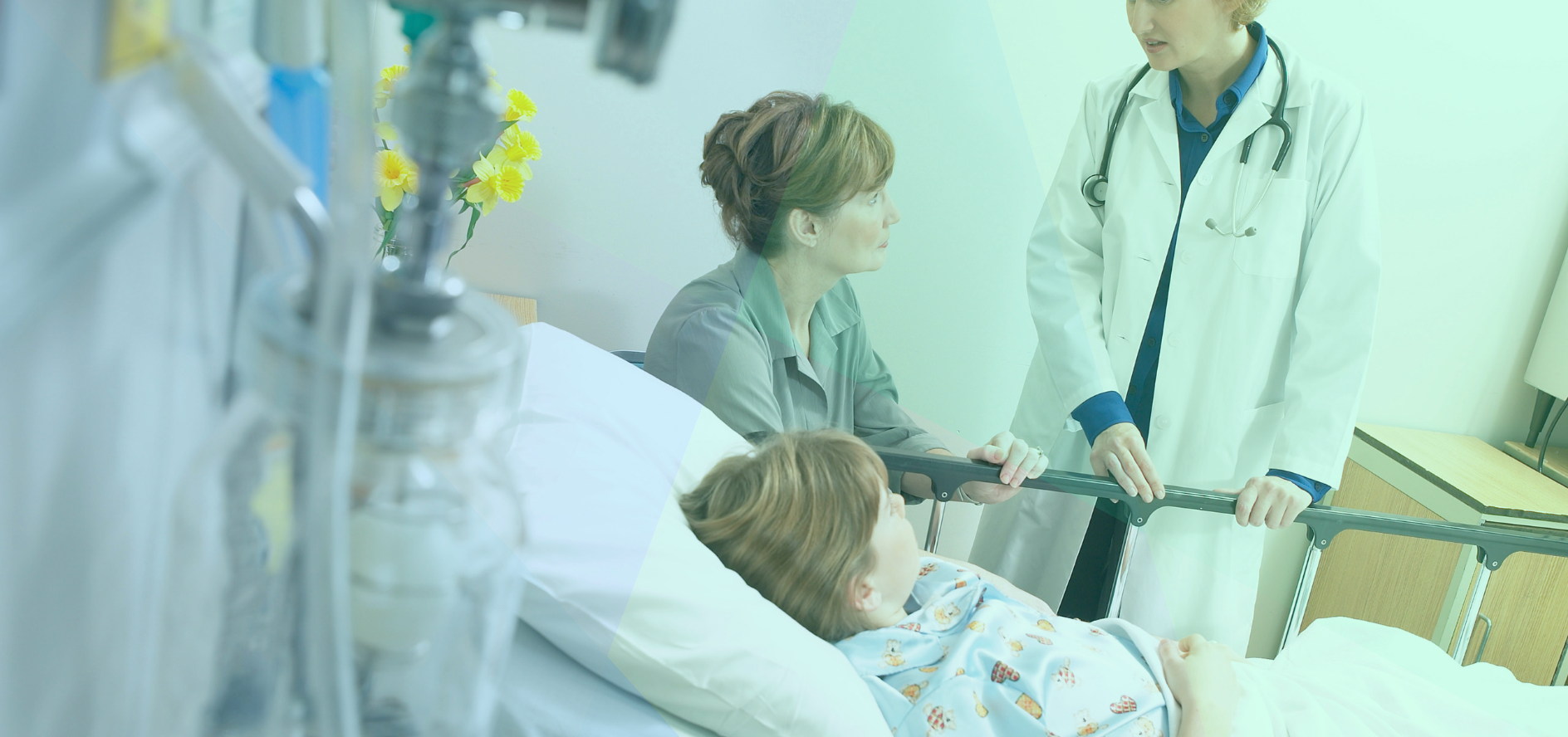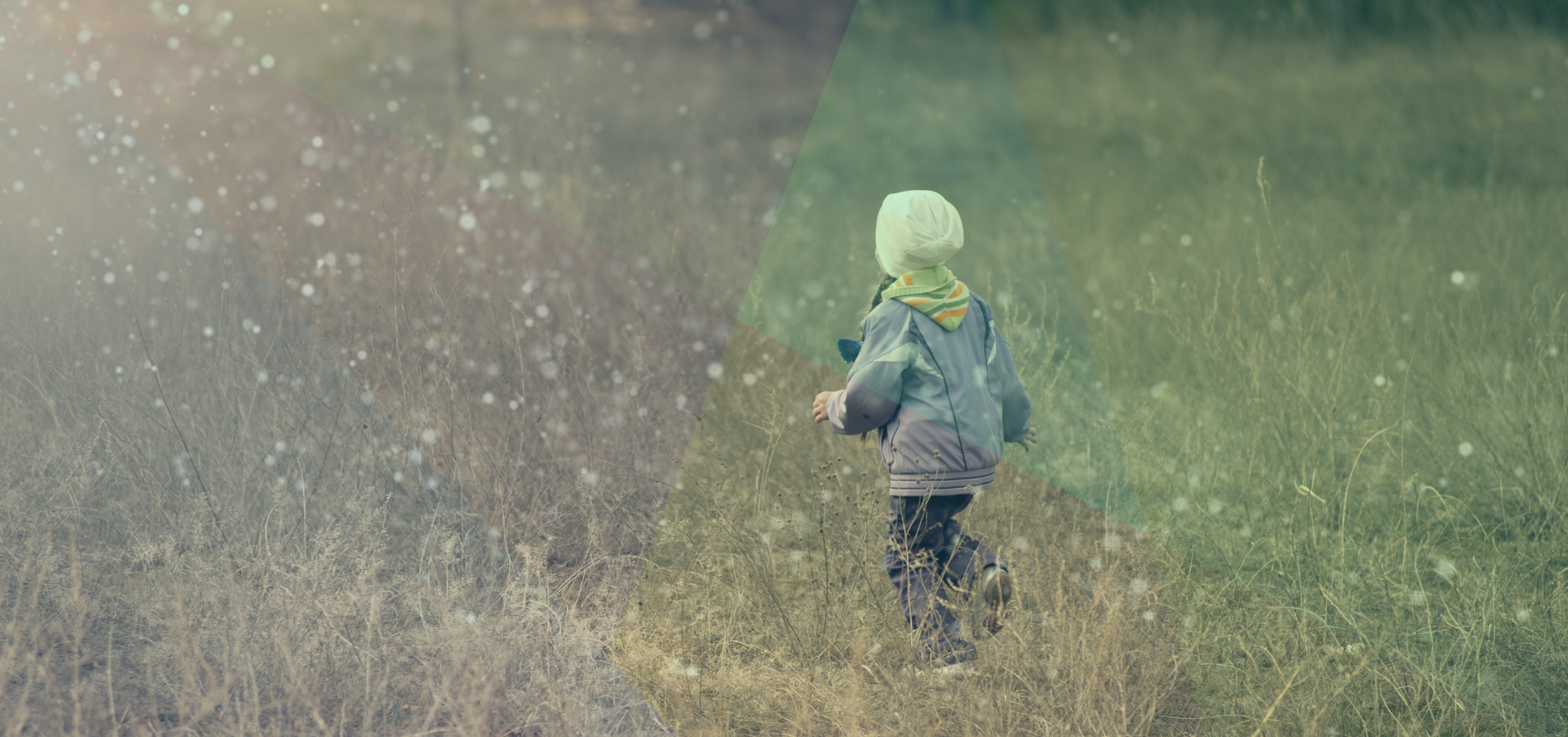News
Children’s mental health and wellness in focus
Explore the forefront of children's mental health technology with Triumf Health's blog, your premier destination for innovative mental health solutions for young minds. Dive into expert insights and practical tips on enhancing children's wellbeing through our award-winning game, Triumfland Saga. This game is designed not just to entertain but to empower and educate, making it a leading kids' wellbeing app. Our blog covers essential topics such as fostering resilience, promoting emotional balance, and managing stress effectively in children. Stay informed about the latest advancements in mental health games and how Triumfland Saga continues to revolutionize approaches to children's mental health. Join our community and be part of the transformative journey towards a brighter, healthier future for our children.
Modern day superheroes
Who are the real-life superheroes putting effort in helping humankind in the field of cancer? Learn more!
Top 10 superpowers given by science
Knowledge is power. Sometimes it is truly a superpower! We present our top 10 greatest superpowers achieved through science.
Digital health solutions for cancer patients
Here we would like to give a brief overview of some of the cool cancer games and apps that kids can already use in addition to our solution. The more possibilities for ill children, the better! There is room for all of us, no solution can fit absolutely everyone.
Mental health in oncology: psychologists’ perspective
Comprehensive care is the key in childhood cancer treatment. Psychological support is an integral part of comprehensive care. This post gives further insights into the importance of psychology in cancer care ans is based on an interview with two psychologists working with cancer patients in Estonia, Kaie Jõeveer & Anneliis Tali.
How to find reliable information about childhood cancer?
When a child is diagnosed with cancer, parents want to know everything about diagnosis and the best treatment options. So they often search the web for them. In our new post we discuss strategies of finding reliable internet sources about childhood cancer.
Team building and new team members!
In September Triumf team hit the road and had a wonderful event in the beautiful city of Tartu. There we also welcomed our new team members – Lea and Pepi. Read more in the post.
Childhood cancer incidence and survival
The following blog post is written by researcher Keiu Paapsi who recently published a paper on childhood cancer incidence and survival in Estonia. Here she gives an overview of the current situation in Estonia compared to other countries and discusses why childhood cancer needs more public attention.
Finding support after winning the battle with cancer
Thanks to the new effective treatments, the childhood cancer survival rates are up to 80% in developed countries. In addition, governments are investing in better treatments and better future for the childhood cancer survivors. Good examples are Norway and Spain.
True or False? Unveiling childhood cancer myths
September is childhood cancer awareness month. For us at Triumf Health it means that every week we are covering one topic related to childhood cancer to raise awareness.
September is a childhood cancer awareness month
Autumn starts with Childhood Cancer Awareness month. Let’s see why simple awareness can make a big difference in the lives of children with cancer and their families.
Getting certified as serious games professionals
This summer two Finnish universities Kajaani University of Applied Sciences and Oulu University of Applied Sciences teamed up and created online studies on serious gaming and gamification. This awesome project has currently resulted in three online courses, all of those were available for everyone and for free this summer 2017. And we took them all!
Superhero phenomenon - do we need heroes?
We need heroes, don't we? Let’s explore why superheroes are so popular!
Developing a serious game
Serious games and specifically games for health are challenging to create. However, this post is a rather easy read on some of the things we have learned about the development of serious games.
Designing a serious game. How?
Designing a serious game is the hardest thing I have ever done but also the most rewarding. This post is about what I have learned during the process of working on our game for health.
To play or not to play? Gamification in healthcare
What is gamification and can it be applied in healthcare? Get familiar with the topic.
Mindfulness: you can’t stop the waves, but you can learn to surf
We use various research-based psychological techniques in our gamified solution. Among others, we also use mindfulness-based techniques. That's why it is important for us to keep ourselves updated with the field in general. This post highlights the talk by Jon Kabat-Zinn in Helsinki and the benefits of mindfulness-based techniques in the treatment of various diseases.
The hottest topic in healthcare: Artificial Intelligence
This article gives an overview of artificial intelligence, machine learning and deep learning and discusses the potential of artificial intelligence in changing the landscape of healthcare.
Parents who are taking care of ill children
Taking care of a child who has cancer has been described in the literature as an ’unexpected career’ that requires adaptation to new situations and roles. The way parents adjust and cope with the new situation affects the way how the child copes and adjusts with the situation as well.
The journey of uncertainty: importance of psychology
The journey that follows childhood cancer diagnosis is one of the toughest to imagine – it is filled with a myriad of stressors and uncertainty. Research in this field has attempted to answer the question of how children and their families deal with the stressors that are initiated by the diagnosis of pediatric cancer, the treatment that ensues and beyond.
Cancer Research Month – what we have learned
In May Triumf team was celebrating Cancer Research Month and wants to express gratitude to all the wonderful researchers, clinicians and activists in the field of childhood cancer.




















